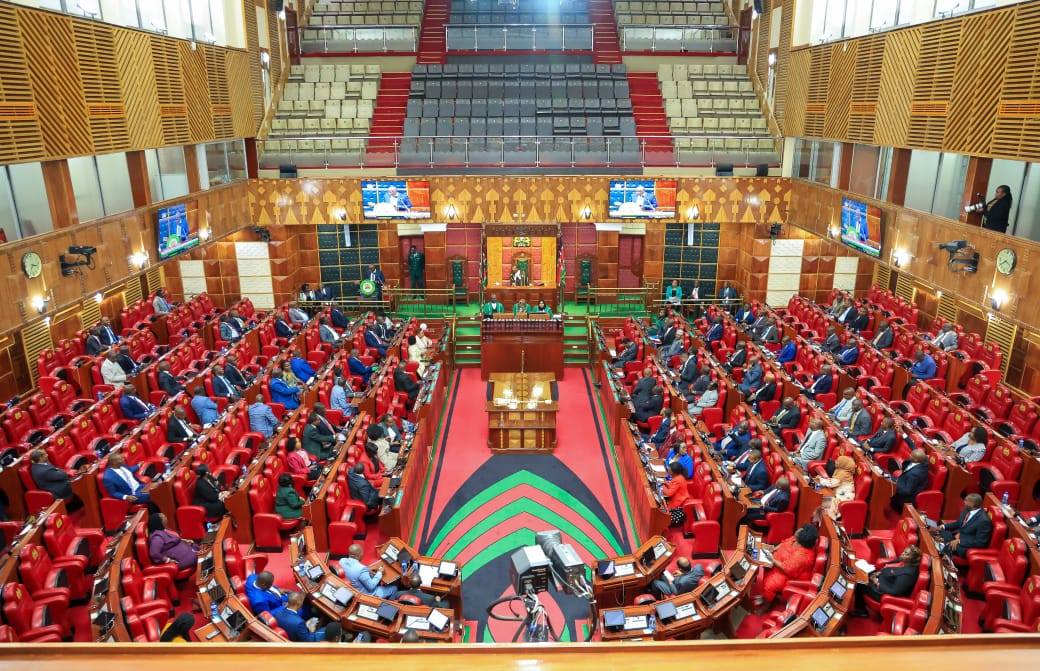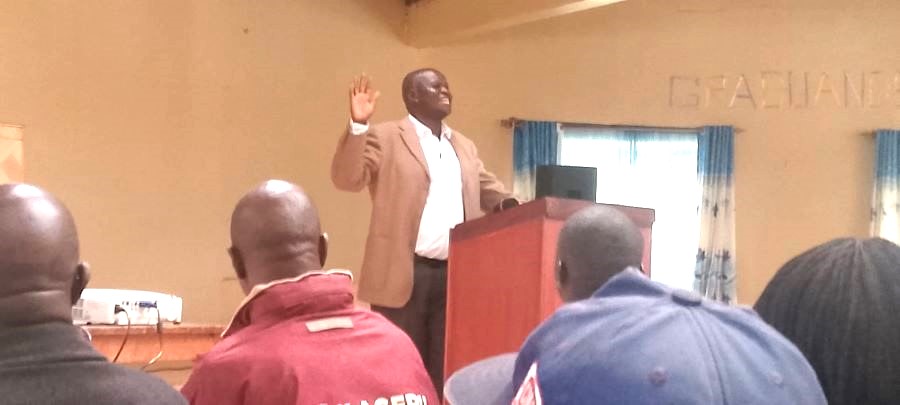By Roy Hezron
Nairobi Senator Johnson Sakaja is pushing for a bill in Senate that if enacted into law will recognize and register startups and link them with financial, private sector research and other institutions at the National and county level of government.
A start-up is generally associated with young innovative technology companies or new businesses that leverage on technology to solve a problem.
The Start-Up Bill 2021, which is a Senate Bill No. 1 of 2021, was read for the first time in Senate on May 25, 2021. It referred to Senate Committee on Tourism, Trade and Industrialization and invited the public to submit views concerning the bill from August 11-16, 2021.
The Bill seeks to provide a legislative framework that fosters a culture of innovative thinking and entrepreneurship. It further seeks to promote an enabling environment for the establishment, development, conduct of business and regulation of startups.
“Startups are increasingly playing a critical role to the world’s socio-economic development through developments of innovation and aiding optimization of current economic sectors,” noted Senator Sakaja in the Bill.
He added that startups in Kenya are yet to be recognized in law despite their great contribution to Kenya’s economic development.
If enacted, the Bill will mandate the national and county governments to put in place a national and county incubation policy framework for the development of a business incubation sector and startup system.
It will also mandate the Kenya National Innovation Agency (KENIA), established under the Science, Technology and Innovation Act 2013, and county executive committee members responsible for matters relating to science, technology and innovation to establish incubation programmes and regulations on relationship between incubators and startups.
KENIA will also be responsible for the registration of startups as well as maintenance of a startups database and also provide for the Registrar to be competitively recruited by the Public Service Commission (PSC) and appointed by KENIA.
It will further expand the membership of the Board of Trustees of the National Research Fund (NRF) to include two people with experience in the fields of innovation, technology and entrepreneurship and one person representing startups in the country nominated by an organization representing startups.
The Bill also amends Science, Technology and Innovation Act, 2013 by mandating KENIA and NRF to financially support technological innovations.
Senator Sakaja noted that startups are synonymous with the creation of new markets as well as the transformation of old ones as indicated by startups such as Uber, Airbnb, Jumia and Twiga foods.
The most successful and recognized innovation is M-pesa with is currently present in ten African counties. These countries are Kenya, Albania, the Democratic Republic of Congo (DRC), Egypt, Ghana, India, Lesotho, Mozambique, Romania and Tanzania.
Students will be among the notable beneficiaries if the Bill is enacted into law since majority of innovations in learning institutions go untapped due to various challenges like financial constraint.
Eunice Samba, a 23-year old girl from Msambweni, Kwale County together with Faustina Msha, a graduate in supply chain management at the Nyeri Technical Training College, jointly came up with an idea of making house clocks out of plywood, pieces of clothes, nails, super glue, a watch and threads of different colors.
Samba sat for Kenya Certificate of Secondary Education (KCSE) in 2015 and successfully secured a slot in Chuka University to study criminology but didn’t join university due to lack of school fees.
Speaking to Education News, she said that starting the project was a challenge due to lack of funds forcing her to borrow from friends and later refund after selling the clock.
Boniface Mutegi Kithinji, a student at Technical University of Kenya (TUK) pursuing Bachelor of Technology, Technical and Applied Physics, innovated a gadget that can expose concealed communication devices like mobile phones.
Mutegi said the gadget can sense an activated mobile phone from a distance of one and a half meters by detecting its Radio Frequency (RF) transmission signal. After detecting the signal, the gadget sounds a beep alarm and the led blinks.
In January 2019, Bonface Jiveri, a 29 year- old Kenyan, was among the top 5 nominated by African Energy Indaba for his innovation of converting fruit peeling cellulose biomass and egg shells into a patented Bio-alkanol gel fuel.
His innovation facilitated a reduction in malaria in the Lake Victoria basin of Kenya and Kagera, the Trans boundary basin of Uganda and Tanzania. It also improved income revenue due to the recycling of farm produce.






